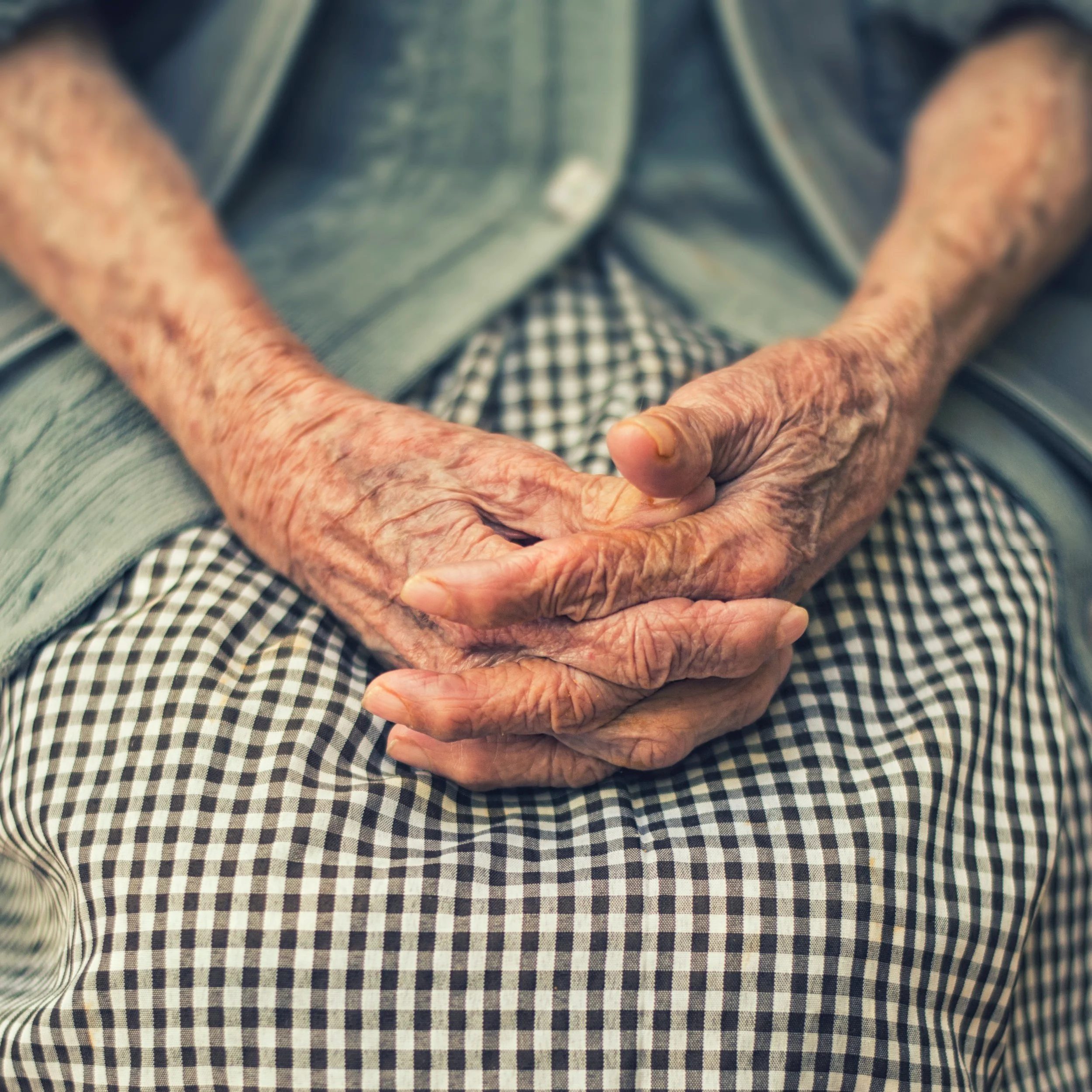In our article, “The Ethics in Long-Term Care Model: Everyday Ethics and the Unseen Moral Landscape of Assisted Living,” my colleagues and I pull back the metaphorical covers on value conflicts and uncertainties in assisted living, a popular place for older people who no longer can live independently. We argue that because assisted living communities are simultaneously places where people live, work, and visit, and where daily life, relationships, and care are negotiated in private and public spaces, ethical challenges commonly arise.
Read MoreSocio-spatial and economic inequality has heightened under the contemporary model of “expulsionary” development in Pakistan. It is rooted in creating silos of affluence and abundance for the privileged few by unleashing a vicious cycle of immiseration and insecurity on the working people in the form of gated housing enclaves.
Read MoreGlucose levels in a person with diabetes are affected by so many different factors including medications, food, activity, sleep or stress. It is nearly impossible to check how glucose levels may rise or fall all day and night long with a fingerstick – so the traditional way of monitoring glucose levels relied on having people check at specific times during the day and during times when low glucose levels were suspected. This allowed for some information to help guide decisions on how to best manage diabetes, however we were left with an incomplete picture.
Read MoreIn the world of academia and research, journals are often viewed as the "Bad Guys" - they make authors jump through hoops, charge them for publishing their work, and often seem more concerned with profits than advancing the field. So why would anyone voluntarily sign up to work with them as an Associate Editor? In this blog post, Ian Davis, associate editor with Therapeutic Advances in Medical Oncology explores the idea that not all journals are created equal, and some genuinely care about advancing the field, giving opportunities to early career researchers, and ensuring high-quality publications.
Read MoreIf it were up to us everyday would be marked as a teacher appreciation day. Amongst the most important jobs in the world, that of a teacher can not be acknowledged enough. Teachers and schools play a significant role in not just impacting individual lives but society at large. In this short Q&A Orelene Badu, the author of How To Build Your Antiracist Classroom highlights just how much power teachers have within their own classrooms to further social justice and change.
Read MoreIn the aftermath of a failed performance management, businesses often resolve that “one size does not fit all.” Despite this buzz phrase being used as a stopgap measure to express the idea that one strategy cannot appeal to the diverse needs of a business’s customer base, previous empirical studies on sustainability marketing disregard this way of thinking when they focus on single cues to influence customer sustainable behavior.
Read MoreWikipedia is the fifth most visited site in the world and the most popular reference work in history. And while its policy of allowing anyone to edit democratises knowledge, it also puts the site at risk of systemic bias.
Read MoreAmong the people most at risk from climate change-related heat waves, extreme weather events, and worsened air quality are those with chronic conditions like heart disease, diabetes, and lung diseases.
Read MoreThe older adult population is growing rapidly in the United States. By 2060, nearly 1 in 4 Americans will be 65 or older. This is an important trend because older adults in the United States face unique challenges related to the aging process, including high rates of poverty, health challenges, and social isolation.
Read MoreEvery 68 seconds an American is sexually assaulted. Public awareness about sexual assault has grown with media coverage of the #MeToo movement, which encouraged survivors to share their stories. The problem made headlines again when the rates of sexual assault surged during the COVID-19 stay-at-home orders as not everyone was safer at home. Sexual assault remains pervasive despite public outcry about the problem.
Read MoreApril is testicular cancer awareness month. In the Sage Journal International Journal of Surgical Pathology (IJSP), several recent publications have highlighted less common forms of testicular cancer, as well as benign tumors that may mimic testicular cancer.
Read MoreIn recent years, Black women’s everyday experiences with unique oppression based on the intersections of race and gender have been understood through the concept of gendered racial microaggressions. Experiencing gendered racial microaggressions has been associated with a variety of mental health outcomes, including depression, anxiety, psychological distress, and traumatic stress.
Read MoreUniversity can be a challenging and demanding time, and you face a range of stressors such as academic pressures, financial concerns, social challenges, and life and study difficulties.
Read MoreAs one of the most commonly abused legal substances in the U.S., alcohol can have significant consequences for anyone who consumes it—but particularly for children and adolescents. The 2021 National Survey on Drug Use and Health (NSDUH) found that 4.6 million young people aged 12 to 17 said they had consumed alcohol in the previous year. Among small children, accidental alcohol ingestion is not unusual.
Read MoreIn June 2017, the Minneapolis City Council voted to increase the city’s minimum wage above the state level to $15 an hour. The wage increase was rolled out incrementally each year, and full implementation was set for July 1st, 2022 for large businesses (those with greater than 100 employees) and July 1st, 2024 for small businesses (those with less than 100 employees). This minimum wage policy presented an opportunity for a multisite team of health researchers to take a unique angle on a minimum wage evaluation: What effect might the wage increase have on health outcomes? Could these be measured by following low-wage workers in real-time?
Read MoreStress is often viewed as something unhealthy, dangerous, and “must be avoided” because of the heavy toll it has been found to play on individuals’ lives. Still, stress can also be adaptive for individuals because it has the capacity to foster learning and growth.
Read MoreService learning courses may be one way to ensure that public health students are prepared to successfully collaborate and partner with communities impacted by health inequities.
Read MoreIt’s well-known that stress causes and/or exacerbates many diseases, particularly common problems like cardiovascular disease, asthma, and depression. In the context of a growing and aging population and high health care costs, prevention of these diseases is a necessity. The central thesis of this blog is that we can enhance public health and happiness and simultaneously reduce health care expenditures by attenuating stress on a population scale through kindness and social connection.
Read MoreConsumption of alcohol is common in many societies and related to various occasions, especially in the context of leisure and festivities. As gender roles have changed, women's consumption patterns have become similar to men's in many countries. In case of deviant behavior, such as drunkenness in public, women are criticized more harshly, and stigmatization is experienced more frequently. This is also mirrored in higher self-stigmatization among women with alcohol dependence in comparison to men. This is also of great relevance with regards to health services and health services research, as we have shown at the example of alcohol consumption during pregnancy.
Read More


















